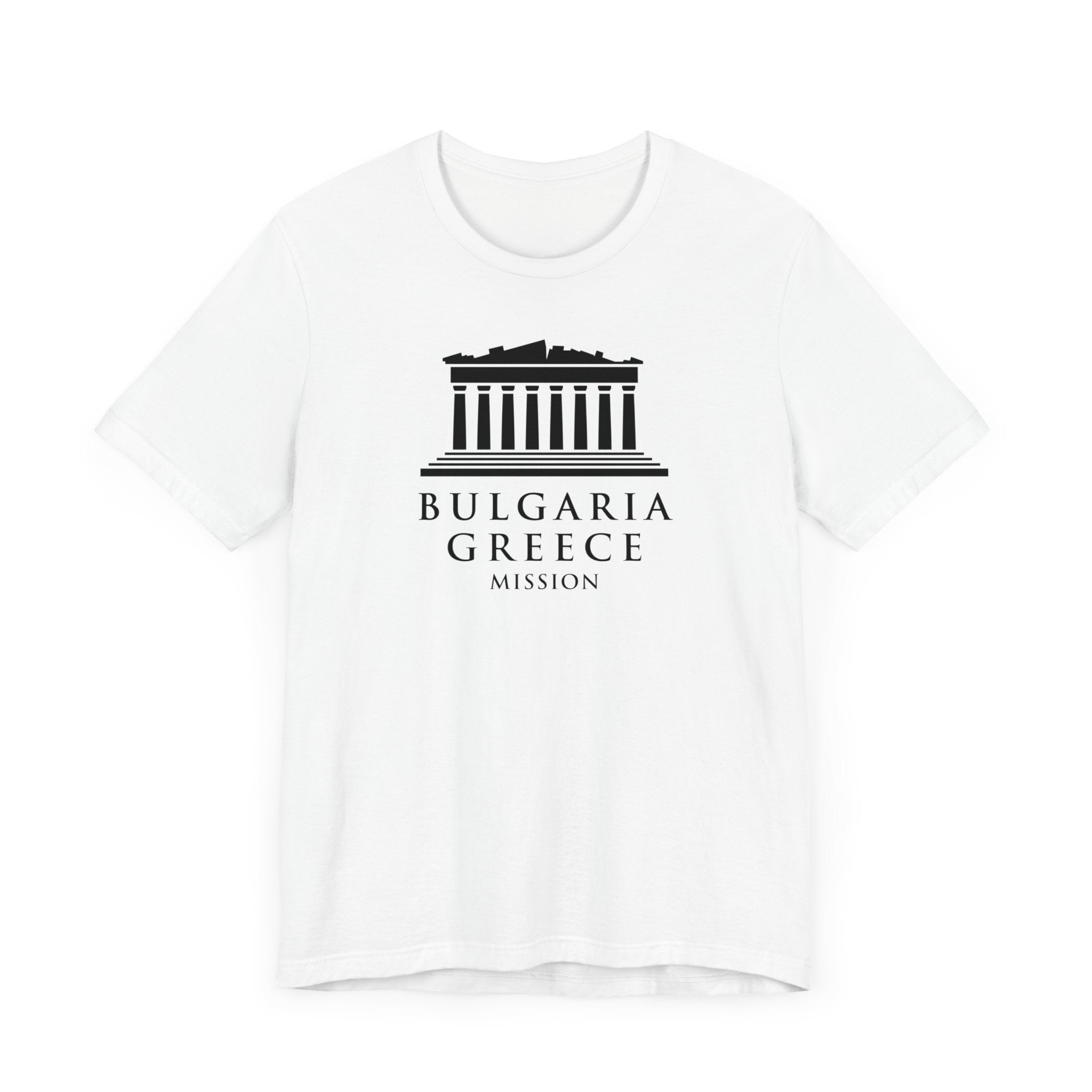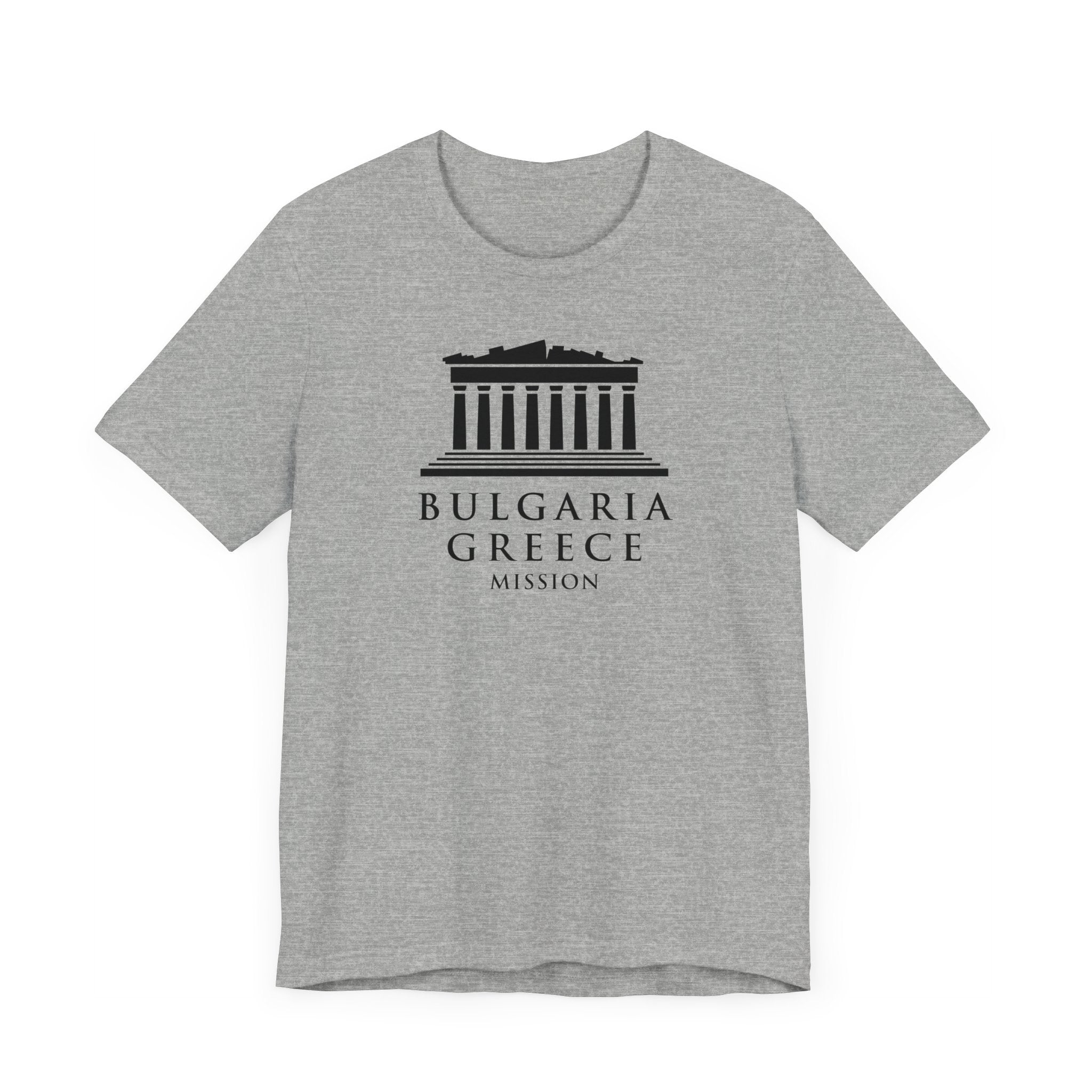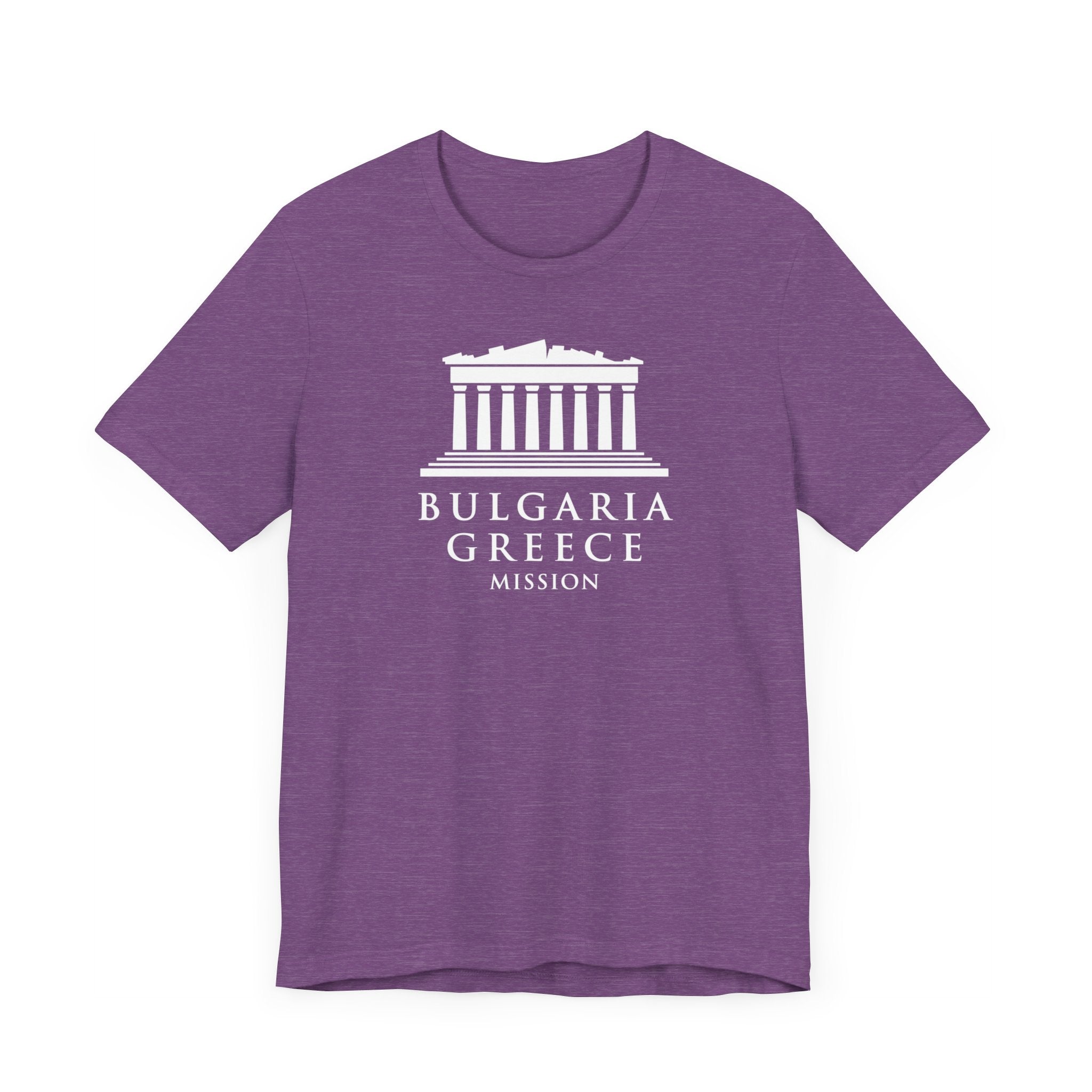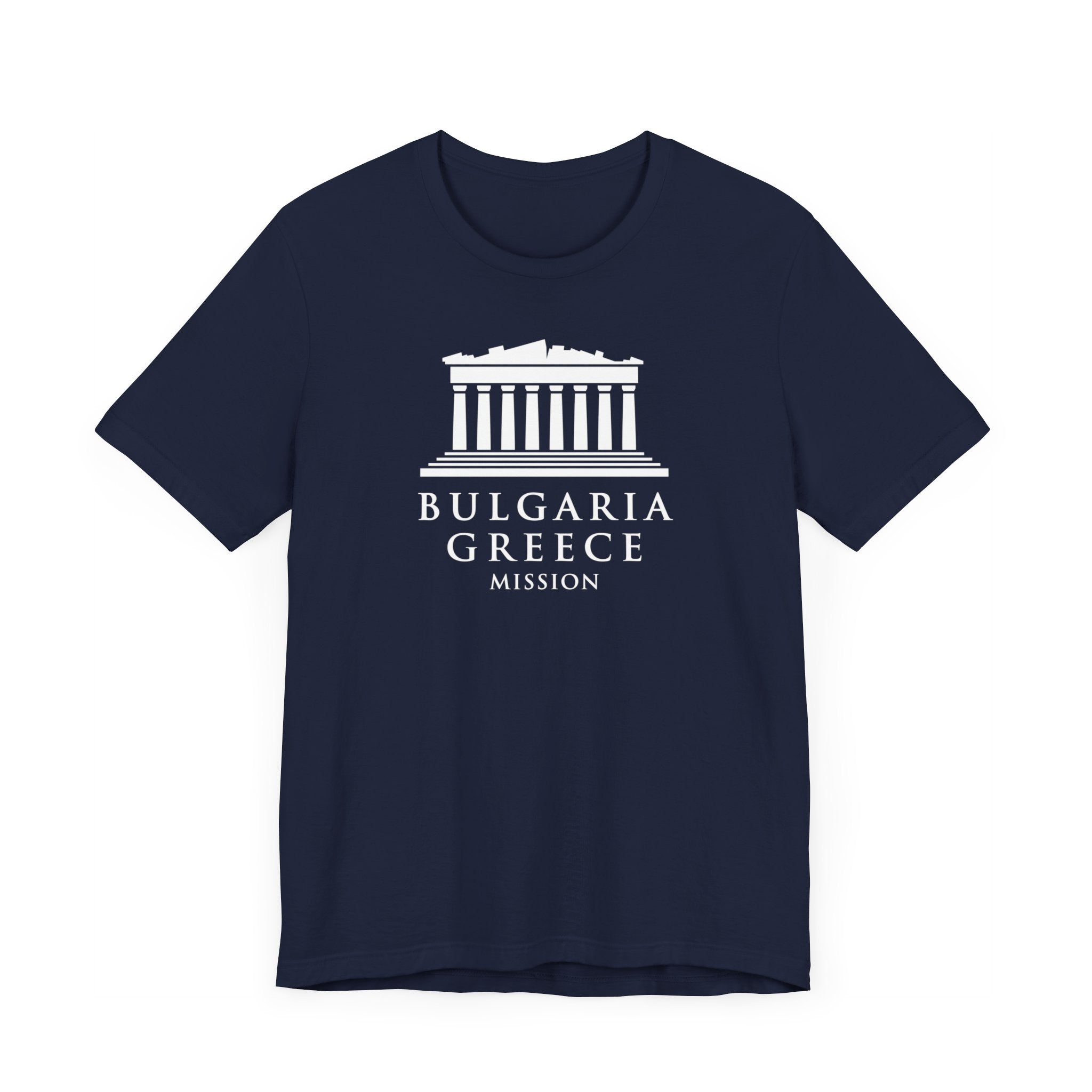A convert from Turkey, Mischa Markow, is likely the first member to arrive in Belgium in 1888. He preached to the Esselman family and baptized the mother and son. The other four family members were baptized later. Missionaries laboring in Switzerland and Germany were also sent to Belgium. Within two months they baptized 80 people and organized congregations in Liège, Brussels, and Antwerp. In 1896, a mob of nearly 500 people threatened to kill a missionary, Elder John Ripplinger, in Liège. The mob stormed the home where he was staying, but was dispersed by police. Elder Ripplinger remained in the city and baptized 10 people.
In the early years, the Church held its meetings in rented halls. The first regular chapels built for French-speaking members in Europe were at Liège, Seraing, and Herstal. They were all completed in the 1930s. The Herstal chapel was dedicated in 1937 by Heber J. Grant, President of the Church. The next visit to Belgium by a President of the Church came in June of 1996 when current Church President Gordon B. Hinckley spoke to members and missionaries.
During the German occupation of Belgium in World War II, members in six branches (small congregations) remained active. Work progressed slowly after the war. Today members total approximately 6,000, many of them second, third, and fourth generation members of the Church. Local meetinghouses serve as the location for Church activities of all kinds. In addition to sacrament meetings, Primary classes for children, and meetings for women and youth groups, there are sport activities, such as table tennis, basketball, and volleyball. Additionally, there are cultural events, such as dancing, musical, and theatrical performances.
High ideals are taught with strong emphasis on family life, abstinence from alcohol and tobacco, and commitment to high moral principles that characterize Latter-day Saint beliefs. Converts come from a wide age range and from all socioeconomic groups.
Humanitarian services totaling millions of dollars have been given worldwide. Relief without regard to race, nationality, or religion is given. Food, clothing, medical supplies, and economic aid continue to alleviate the suffering of deprived people. European nations, and more recently, Eastern Europeans receive special assistance. In June 1998 the world-renowned Tabernacle Choir at Temple Square performed in Brussels, and they were filmed by the State Radio and Television network for rebroadcast.
In March 2014, Elder D. Todd Christofferson of the Quorum of the Twelve Apostles traveled to Brussels to oversee the inauguration of the Church’s new European Union office. At the bomb blast at the Brussels Airport in March 2016, four missionaries were injured. In May of the same year, President Dieter F. Uchtdorf, second counselor in the First Presidency visited the Saints in Belgium together with his wife Harriet to express thanks to the members for the outreach to refugees who have been coming to Europe. In July, the Tabernacle Choir performed in Brussels. In 2018, the first native Belgian mission president Johan Buysse was called to preside over the Belgium Netherlands Mission. He and his wife, Linda, began their assignment on July 1, 2018.








